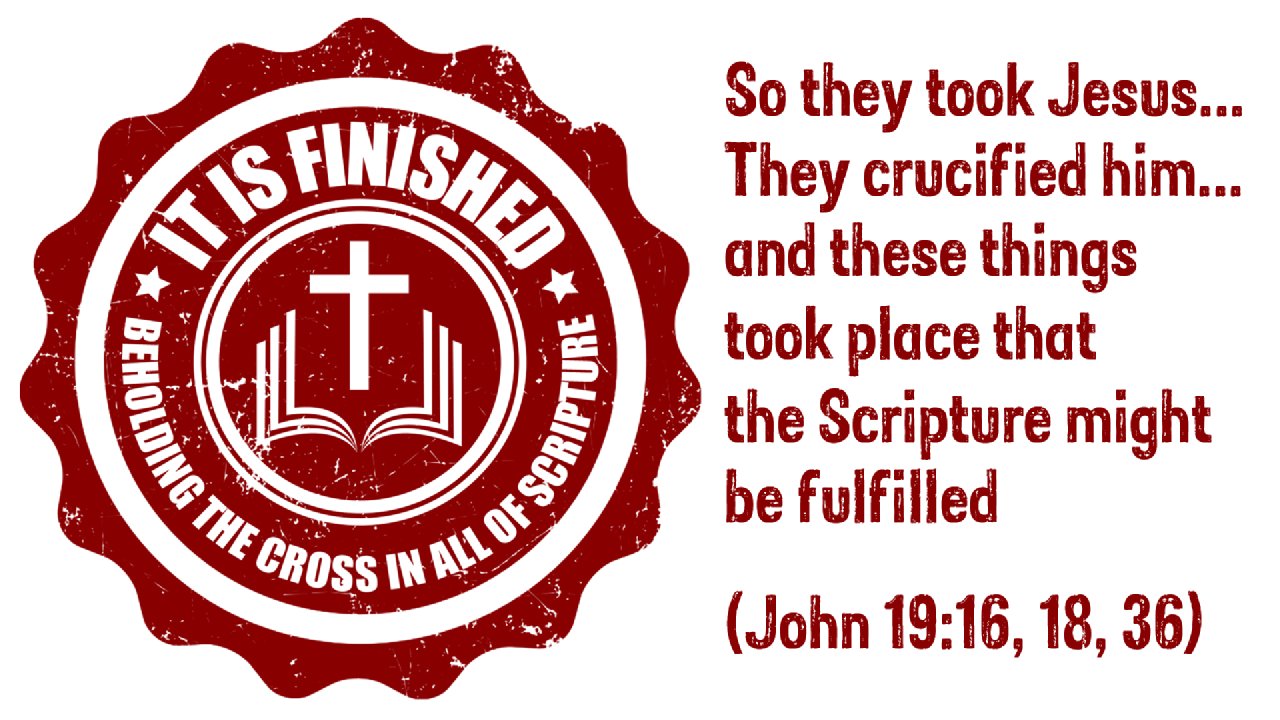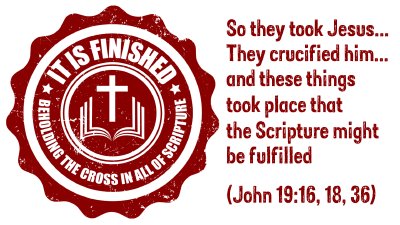In the Old Testament, there a handful of passages that are critical for understanding Christ’s cross. Over the last few weeks, we have looked at many of them (Genesis 22, Exodus 12, Leviticus 16, and Psalm 22). And there are others, that this sermon series won’t cover (e.g., Numbers 21, Zechariah 9–14, etc.) But the most important passage in the Old Testament for learning what Christ’s cross achieved is Isaiah 53 (technically, Isaiah 52:13–53:12).
In this fifteen verse, five stanza “Servant song,” we are introduced to the One who will die for the sins of his people. In particular, he offers a guilt offering in the place of those who deserve God’s penalty of death.
In recent years, the idea of Christ’s penal substitution and God pouring out his wrath on the Son has not set well with many—both those inside the church and those outside the church, as well as those leaving the church. Indeed, with an appeal to God’s universal love, many have misunderstood why Christ’s death, as a penal substitute, is good news and necessary for salvation. Others have questioned how guilt can be transferred from one person, or one group, to another.
On Sunday we will tackle these questions head on as we look at Isaiah. By paying attention to the words of Isaiah, how they fit in Isaiah’s book and the whole Bible, we will see the goodness and glory of Christ’s penal substitution.
Come join us this Sunday as we look at this crucial chapter in the Old Testament. Please read Isaiah 53 to prepare your heart. And pray that God would be glorified as Christ is lifted up.
For Christ’s Glory and your joy,
Pastor David
-------------------------------------------------------------------------------------------------------------------------------------------------------------------
Discussion & Response Questions for Isaiah 53
1. Who is the Suffering Servant in Isaiah 53? And how do we know?
2. What is the context of Isaiah 53? What comes before it? What comes after? How does context of Isaiah understand the chapter?
3. How is Isaiah 53 laid out? Why is from glory to (greater) glory a good way to organize the 5 stanzas? What stands at the center?
4. What do we learn about God’s purposes for his Servant in Isaiah 53? And what do we learn in vv. 4–6 that we could not learn by simply watching Christ’s death on the cross (or any movie depicting Christ’s death)?
5. What is penal substitution and why does it matter? What questions remain about this important doctrine?
6. Why do people object to penal substitution? How does Isaiah 53 (and other passages) answer those objections?
7. In addition to the great exchange at the center of Isaiah 53 (vv. 4–6), what parts of Isaiah 53 are picked up and applied to Christ in the New Testament?
8. What comfort or confidence in the Lord does Isaiah 53 give to you as you consider the cross of Christ?
8. The Heart of the Gospel (Isaiah 53)
Penal Substitutionary Atonement
October 31, 2021 • David Schrock • Isaiah 53
More from
It is Finished




